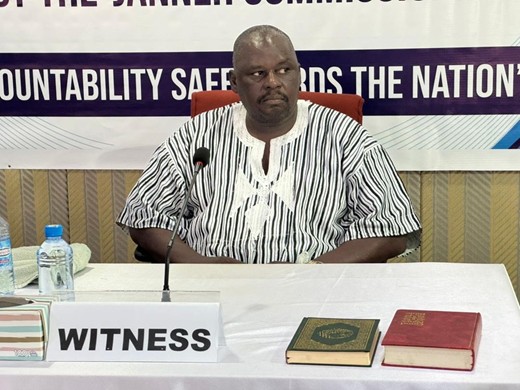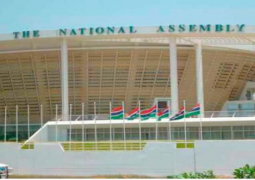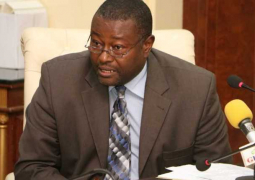
“I was asked to take inventory of the vehicles recovered by Corporal Adama Njie, and his team,” he told the Committee. “Later, some of these vehicles were issued to State House and the State Intelligence Service under the instructions of General Hamat Cham and Commissioner Darboe.”
Susso, a senior soldier, admitted that he took orders from Corporal Adama Njie, a junior mechanic who somehow found himself commanding operations at MSA.
When pressed on who appointed Njie to such a sensitive position, Susso replied, “I don’t know where he got his appointment.”
He insisted that in the military, “appointment supersedes rank,” suggesting that Njie’s mechanical background justified his authority.
But counsel was unconvinced. “You are saying you don’t know who appointed him, yet you allowed him to command you?” Counsel asked. “That means someone was giving instructions outside the official chain.”
Counsel probed deeper into how vehicles under government custody were re-issued without transparent documentation.
Susso confirmed that he recorded the issuance of vehicles but admitted that the orders often came verbally or through intermediaries.
“Vehicles were given to State House personnel on Cham’s instruction,” he said. “Some went to SIS as well.”
Asked whether there were written instructions or proper release forms, Susso hesitated before saying: “I only followed the command structure. I didn’t see the documents.”
The Committee noted that this amounted to an “informal system” of reallocating recovered state assets, one that could easily facilitate corruption or cover up the diversion of valuable property.
Hon. Omar Jammeh, member of the committee expressed alarm that such a critical government facility appeared to operate without clear accountability.
“It seems vehicles could be moved at will, on verbal orders, with no paper trail,” Hon Jammeh remarked. “That is not only improper it is dangerous.”
Read Other Articles In Headlines

Traffic accidents: GTU calls on GPF not to enforce insurance on roads
Apr 26, 2022, 11:25 AM




